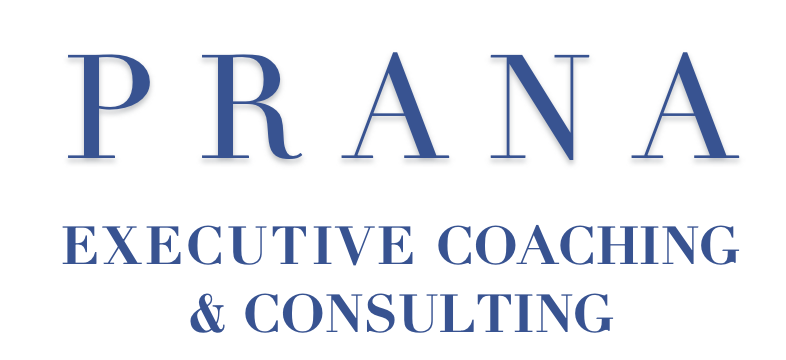How HR can maximize the impact of executive coaching
When your organization invests in external executive coaching, the HR partner isn’t just a scheduler—it’s the strategic partner that makes coaching effective. Here’s how to get it right:
1. Start with Pre‑Coaching Alignment
· Host a triad kickoff: HR, the leader, their manager, and the coach. Confirm boundaries around confidentiality and success metrics upfront.
· Define 2‑3 clear, measurable coaching goals aligned to organizational priorities. Research shows goal clarity significantly increases coaching ROI.
2. Be an Active Participant, Not Just an Administrator
· Partner with the coach and coachee to keep the engagement on track.
· Support the coachee with resources, feedback channels, and reinforcement opportunities.
· Request regular, structured updates from the coach that include:
o High‑level progress and organizational insights
o Risks or barriers (e.g., lack of manager support)
o Aggregate trends, if there are multiple engagements
· Remember to that coaches will keep personal details confidential to preserve trust.
3. Maintain Performance Conversations Separately
· Coaching is developmental, not corrective. Its purpose is to build leadership capacity and self-awareness, not to manage performance issues directly.
· HR and managers must continue to own performance discussions—including reviews, feedback, and accountability—rather than outsourcing them to the coach.
· Avoid using coaching as a proxy for difficult conversations. Routing performance issues through the coach is ineffective and places the coach in a conflicted position, undermining both trust and impact.
· Coaching can support underperformance when integrated with clear accountability. When HR and the manager address performance issues directly, a coach can help the leader build the skills, mindset, and behaviors needed to improve—serving as a development partner rather than a substitute for management responsibility.
4. Actively Engage the Leader’s Manager
· Encourage the manager to:
o Check in periodically to reinforce development (without prying)
o Provide context and feedback aligned with coaching goals
o Maintain performance expectations alongside coaching support
5. Plan for Post‑Coaching Integration
· After the engagement ends, HR can:
o Facilitate reflection sessions or after‑action reviews
o Embed new behaviors in succession planning and leadership programs
o Offer periodic booster sessions or follow‑ups to sustain momentum
6. Capture Organizational Learning
· Aggregate coaching insights to identify systemic leadership themes, and use patterns to inform training, culture, and leadership pipelines.
· This turns individual coaching investments into strategic organizational development.
Summary
When HR actively aligns goals, supports managers, and treats coaching as part of a broader talent strategy—not a substitute for performance management—executive coaching delivers lasting business impact.
References
· ICF Research Portal: Maximizing the Value of Coaching in Organizations (ICF, 2023)
· The Effect of External Executive Coaching on Behavioral Outcomes (Jones et al., 2016)
· SHRM: The Role of HR in Executive Coaching (SHRM, 2022)
· Impact Group: Coaching ROI and Integration (Impact Group)
